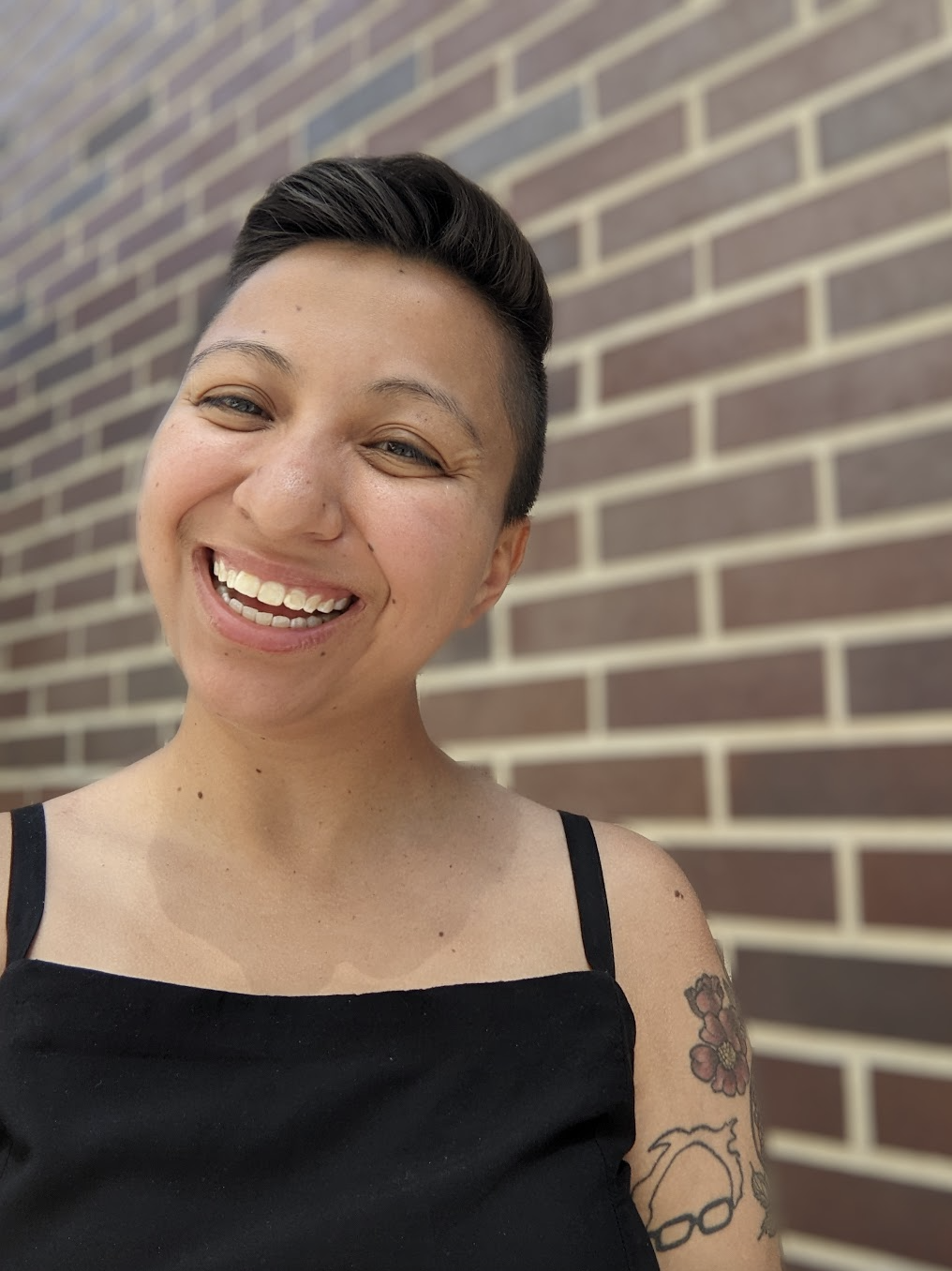Values-based shopping may help you stay within your holiday budget
A values-based shopping approach is where a company's ethics and values influence purchasing decisions more than the price of its products.

Next week, our wallets and willpower are tested by the hyperconsumerism of Black Friday weekend.
While many shoppers might focus on scouring the internet to find the best deals, especially from big box stores like Target or Amazon, some will opt for a values-based approach, where a company’s ethics and values influence purchasing decisions more than the price of its products.
Ada Vargas, also known as the Queer Money Coach, says that their clients who choose a values-based spending approach tend to be more mindful. “It makes [shopping] a more mindful experience when you are walking into a store that not only has a smaller inventory than a multiple-square-foot structure, but there are going to be less tools at play trying to influence your spending habits.”
Big box stores give you less agency as a shopper
Vargas says, “From the moment that you walk into a big box store, you are putting your executive function and impulse control against a carefully calibrated machine.”
A recent report by GO Banking Rates says that stores like Walmart use tactics like putting the groceries and essentials at the back of their stores so that customers have to walk sections like clothing and jewelry that tempt impulse shoppers the most. Walmart’s promise of “Everyday Low Prices” entices customers to buy more because products are priced so low, says the report, that the total cost of their purchase may sneak up on shoppers.
When shopping in person, specifically, Vargas says you begin forming a relationship with a product the second you put it in your hands. You might place that product in your cart to think about then completely forget it was in your cart by the time you get to the register.
Vargas adds, “Our gentle brains don’t have enough capacity to resist all the things that are out once you’re in a big box retailer.”
Majority of shoppers have the intention to shop according to their values
In contrast, Vargas says that shopping with a small, local, or values-based business may lead to shopping more mindfully and buying less.
“Maybe the prices are going to be higher because [the products] are more fairly produced, or their employees are paid higher wages,” Vargas says. “You’re supporting something beyond the product that you are receiving, so it’s going to be a bit easier to resist that.”
Shopping in alignment with your values may feel like an uphill battle during the holidays, but you won’t be alone. Majority of shoppers have the intention of shopping with small, local, diverse, and ethical businesses.
A recent survey by Bankrate shows that 61% of holiday shoppers are likely to choose Small Business Saturday as the day to shop for Christmas gifts. 56% plan on shopping on Black Friday. A 2018 study by McKinsey shows that 70% of Gen Z respondents try to purchase products from companies they consider ethical.
Heightened emotions for the queer community during the holidays may lead to overspending during the holidays
Vargas says the holiday season challenges their queer clients’ long-term financial goals the most because of the pressure to participate in holiday traditions that may no longer align with their beliefs.
For example, women and trans/non-binary people who are assigned-female at birth may feel more pressure to create the “magic” of the holidays through gendered tasks like decorating, cooking, or gathering people.
Vargas adds that it’s harder for queer people to stick to a holiday budget if they’re spending the holiday with “people they grew up with who maybe don’t accept them, or if those people do accept them, there’s the kinds of traditions that were built within a religiosity that might not be comfortable.”
In those instances, overspending on holiday decorations or gifts might create a sense of comfort at the expense of your long-term financial goals.
Finally, Vargas says, “There’s a highly emotionally- and socially-driven expectation to put your finances on the backburner… to think about the magic and experience you’re creating for people. It’s one of the hardest things to help my clients stick to their holiday budgets.”




